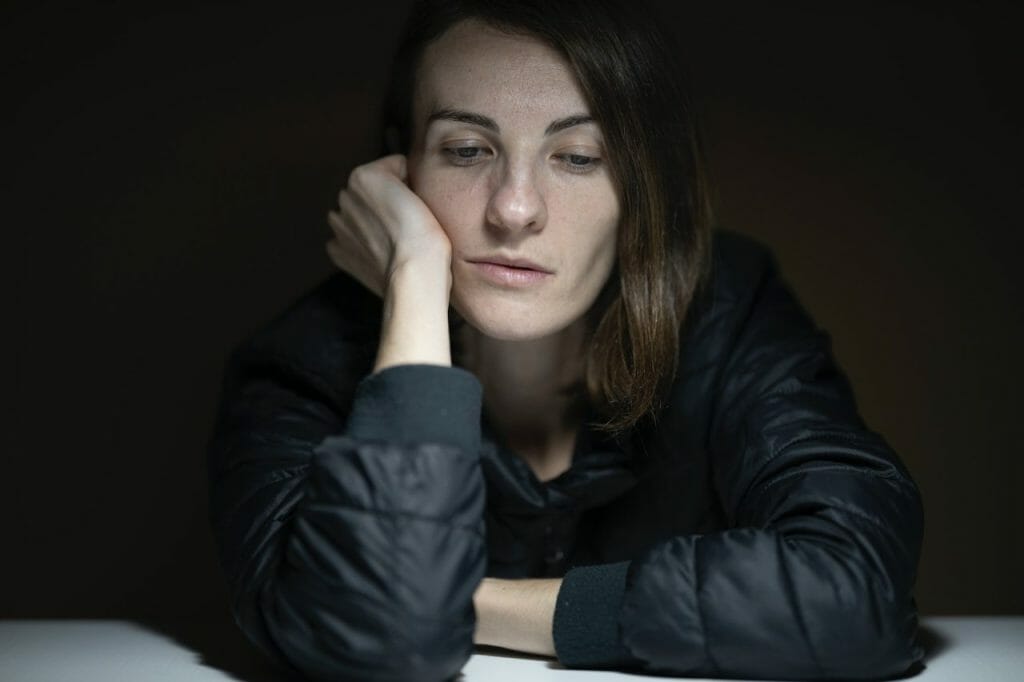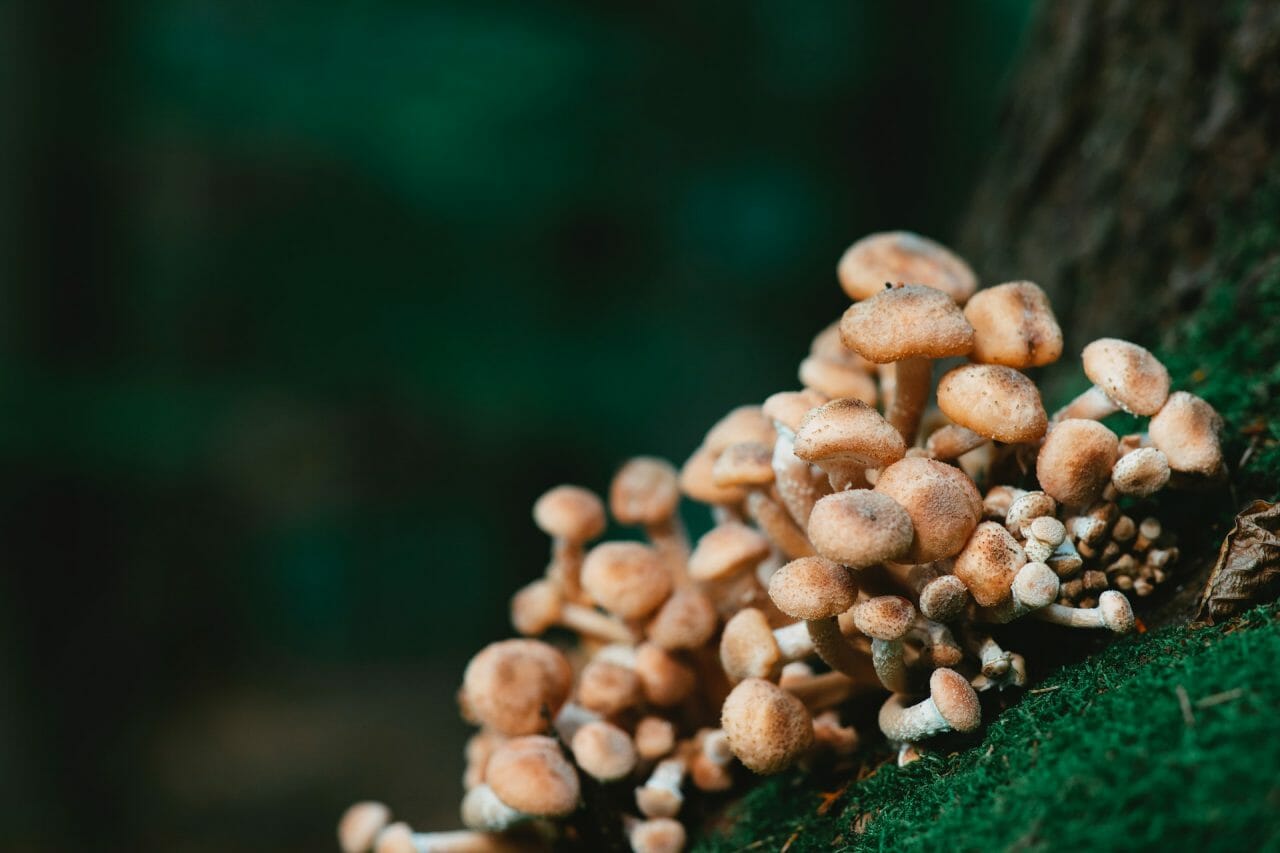The World Health Organization (WHO) reports that depression impacts more than 264 million people worldwide.
Although conventional therapies can be beneficial, they often fall short in addressing the complex nature of depression. This issue has stimulated interest in alternative treatments. One such emerging therapy that is capturing both scientific and public attention is the use of psilocybin-rich mushrooms, obtained from a mushroom dispensary, to combat depression.
We invite you to explore the world of mushroom dispensaries, their role in treating depression, and the compelling statistics that underscore their potential to revolutionize our approach to this pressing global mental health concern.
Key Takeaways:
- Mushroom dispensaries offer novel depression treatments using psilocybin-laden mushrooms.
- Research shows that psilocybin can result in substantial and enduring alleviation of depression symptoms.
- Psilocybin therapy represents an emerging trend that is redefining mental health care.

Understanding Psilocybin and its Therapeutic Benefits
Psilocybin is a naturally occurring compound found in certain mushroom species, commonly referred to as “magic mushrooms.” When ingested, it gets metabolized into psilocin, which interacts with the brain’s serotonin receptors. This interaction causes significant shifts in perception, mood, and consciousness, typically associated with psilocybin use.
Studies exploring psilocybin’s potential for treating depression have yielded promising findings. Clinical trials have shown that a single, well-supervised dose of psilocybin can significantly reduce depressive symptoms. Patients have reported profound and lasting improvements in their mental health and overall quality of life.
These breakthroughs have led to an uptick in interest and investment in psilocybin as a viable alternative treatment for depression, especially for those who have not responded positively to traditional therapies.
Encouraging Results in Depression Treatment from Magic Mushroom Dispensaries
Commonly known as magic mushrooms, psilocybin-containing fungi have garnered attention for their potential to alleviate depressive symptoms. This article explores different varieties of magic mushrooms and delves into their potential benefits for depression.
| Species of Magic Mushroom | Characteristics | Potential Depression-Relief Benefits |
| Golden Teacher | A renowned psilocybin mushroom, noted for its distinctive golden cap. | It may alleviate depressive symptoms and boost emotional wellbeing. Its consumption may foster introspection and self-reflection, providing individuals with new perspectives on their depression. Consumers often report a sense of unity and interconnectedness, potentially tempering the isolation often associated with depression. |
| Psilocybe Cubensis | One of the most widespread species of magic mushroom. | Renowned for inducing positive mood changes and altered life perspectives. It may facilitate emotional processing and aid individuals in confronting the root causes of their depression. The altered state of consciousness it induces may help users to break free from rigid thought patterns and nurture a more optimistic outlook. |
| B+ | Recognizable by its large, bulbous fruiting bodies. | It may contribute to significant, sustained reductions in depressive symptoms. Users frequently report obtaining a clearer understanding of their emotions and life circumstances. The therapeutic journey it offers may help to release suppressed emotions and trauma, providing relief from depression. |
| Liberty Cap | A small, conical mushroom species found across various regions. | Known to generate intense emotional experiences that can have positive effects on depression. During a Liberty Cap trip, users often report heightened sensitivity and empathy, fostering emotional healing and connection. The immersive and profound nature of the psychedelic journey may assist individuals in understanding the root causes of their depression. |
| Penis Envy | Distinguished by its unique, phallic-like structure. | Associated with deep insights and changes in depressive thinking patterns. Users often experience ego dissolution, allowing them to confront their depression without the constraints of their usual identity. The intensity of the experience may lead to therapeutic breakthroughs, resulting in long-lasting improvements in mental health. |
| Blue Meanie | A powerful strain identifiable by its bluish | Blue Meanie is known for its calming and relaxing effect. It is believed to potentially reduce symptoms of anxiety and depression. Many who have tried this strain report achieving a sense of inner peace and emotional release, which could possibly aid in promoting mental health. Blue Meanie, celebrated for its gentle yet introspective qualities, may be particularly suitable for those seeking a less intense psychedelic trip for therapeutic purposes. |
The Role of Magic Mushroom Dispensaries in Treating Depression
Magic mushroom dispensaries play a crucial role in depression treatment. They provide a controlled and regulated environment for individuals seeking potential therapeutic solutions.
The Function of Health Canada
Health Canada, a federal institution in Canada, is responsible for ensuring the safety, efficacy, and quality of therapeutic products, including psilocybin found in magic mushrooms.
Approval of Therapeutic Products
Health Canada has recently granted exemptions and approvals for the use of psilocybin in certain clinical and research contexts for specific medical conditions, including depression. This policy shift indicates a growing recognition of the potential therapeutic benefits of psilocybin.
Potential Therapeutic Benefits
Magic mushroom dispensaries could provide a new and promising therapeutic option for those battling depression. With the necessary authorization and under specific conditions, individuals may explore psilocybin therapy to mitigate depression symptoms.
A Supervised and Regulated Environment
Magic mushroom dispensaries provide a supervised and regulated environment for those interested in psilocybin therapy, ensuring the experience is conducted safely under the guidance of trained professionals.
Compliance with Health Canada Regulations
Dispensaries must adhere to Health Canada’s regulations and guidelines when providing psilocybin-based products for therapeutic use. They play an essential role in ensuring therapy is pursued responsibly and ethically.
Navigating Psilocybin Therapy Through a Mushroom Dispensary
Psilocybin therapy via a mushroom dispensary can potentially be transformative and advantageous. However, it’s essential
Handle this process with due care and responsibility. Here are some tips to guide you:
- Conduct Detailed Research: Begin by carrying out an in-depth investigation on psilocybin therapy and the specific mushroom store you intend to patronize.
- Seek Professional Advice: Before considering psilocybin therapy, consult with a mental health professional or therapist who specializes in psychedelic-assisted treatment. They can assess your suitability for such therapy and provide useful counsel.
- Choose a Trustworthy Store: Ensure the store has positive reviews, endorsements, and evidence of compliance with local regulations.
- Understand the Process: Familiarize yourself with the entire therapy process, from preparation and the psychedelic experience to post-session integration. Knowing what to expect can reduce anxiety and enhance therapeutic outcomes.
- Prepare Mentally and Emotionally: Ready yourself mentally and emotionally for the journey. Set clear intentions for your therapy session and be willing to confront any challenging emotions or thoughts that may arise.
- Ensure a Safe Environment: Make sure that the mushroom store provides a secure and comfortable environment for your therapy session. This could include appropriate lighting, music, and the presence of trained facilitators to assist you if necessary.
- Follow Dosage Guidelines: Adhere to the dosage recommendations from the mushroom store or your healthcare provider. Avoid self-dosing or taking unfamiliar substances, as it can be hazardous.
In Conclusion
Mushroom stores offering psilocybin therapy have emerged as a promising alternative for treating depression. Although the legal and regulatory landscapes vary, a growing body of research and real-world experiences highlight their potential to alleviate depressive symptoms and provide new perspectives on mental health.
As the field of psychedelic-assisted therapy continues to grow, the role of mushroom stores in transforming the landscape of depression treatment offers hope to those seeking innovative mental health solutions.
Frequently Asked Questions
How do I find a reliable mushroom store for depression treatment?
To find a reliable mushroom store, thorough research is crucial. Look for stores that comply with local regulations and safety guidelines. Consult with
For the most reliable and safe experience, seek guidance from healthcare professionals or individuals with successful usage history. Ensure the dispensary’s legitimacy by verifying their facilitators’ qualifications and adherence to ethical norms.
How long does the therapeutic effect of psilocybin therapy last for depression treatment?
The therapeutic impact of psilocybin therapy varies widely among individuals. Some may experience immediate relief, while others may notice incremental improvements. Based on studies, the benefits can last for several weeks to months following a single session. However, the duration of these effects can also be shaped by the depth of integration and ongoing support.
Is psilocybin therapy a standalone treatment for depression, or should it be combined with other therapies?
Psilocybin therapy is commonly incorporated into a holistic treatment approach for depression. It can be coupled with traditional therapies such as psychotherapy, counselling, or medication to enhance its effectiveness. The choice of treatment strategies should be personalized to each individual’s needs and steered by the recommendations of healthcare professionals.
What alternative magic mushroom products are available for depression treatment?
In addition to traditional magic mushrooms, a variety of magic mushroom products can be used for depression treatment. These include psilocybin microdosing capsules, psilocybin-enriched edibles such as chocolates or gummies, liquid extracts or tinctures, and psilocybin nasal sprays. These diverse psilocybin delivery mechanisms provide a spectrum of dosage options and administration methods, including precise microdosing for minor mood enhancements.
Suggested Reading:





